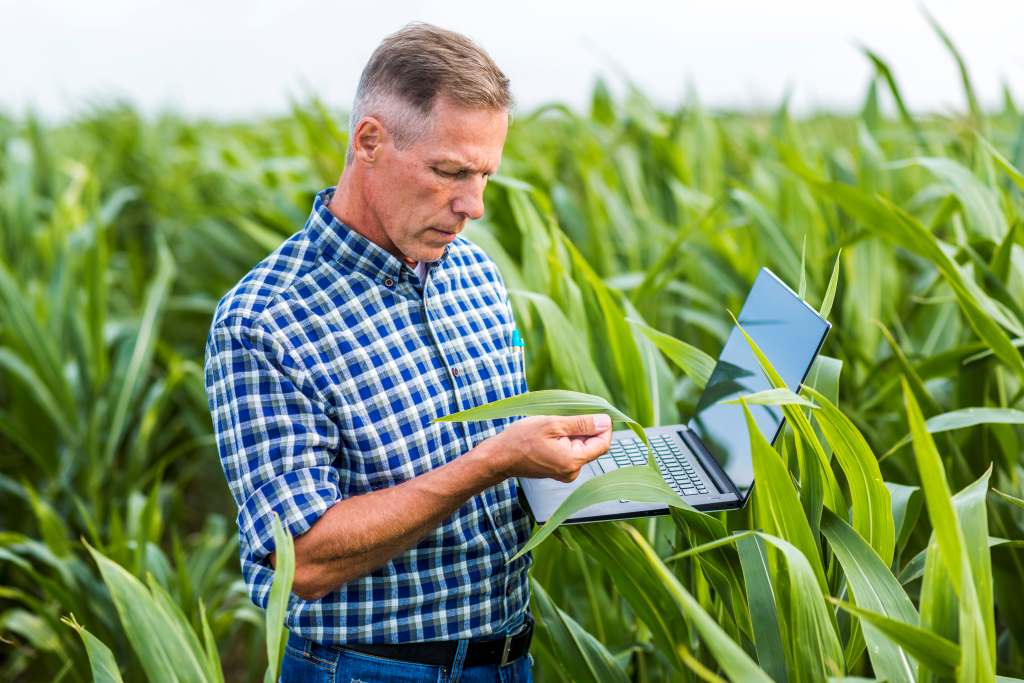Agricultural accounting offers a unique and rewarding career path for individuals passionate about both rural finance and the agricultural industry.
As the backbone of rural economies, agriculture requires specialized financial management to navigate the complexities of production, marketing, and regulatory compliance.
In this article, we delve into the world of agricultural accounting, exploring the opportunities, challenges, and essential skills needed to succeed in this dynamic field.
Understanding Agricultural Accounting
Agricultural accounting involves the application of accounting principles and practices to the unique financial aspects of farming and agribusiness.
It encompasses a range of specialized techniques and methodologies tailored to the agricultural industry’s distinct characteristics and challenges.
The Role of Agricultural Accountants
Agricultural accountants play a critical role in helping farmers, ranchers, and agribusinesses manage their financial affairs effectively.
They are responsible for recording, analyzing, and reporting financial transactions related to agricultural operations. This includes budgeting, tax planning, financial analysis, and compliance with government regulations.
Farm accountants from farmcpareport.com oversee financial aspects of agriculture, tracking income, expenses, analyzing profitability, and ensuring tax and subsidy compliance.
Unique Challenges and Opportunities
The agricultural sector presents unique challenges and opportunities for accountants. Fluctuating commodity prices, weather-related risks, and evolving government policies can significantly impact the financial health of agricultural businesses.
Agricultural accountants must be adept at navigating these challenges while identifying opportunities for growth and profitability.

Career Opportunities in Agricultural Accounting
Agricultural accounting offers a diverse array of career growth for professionals who are interested in combining financial expertise with a passion for agriculture.
From traditional accounting roles to specialized positions in farm management and consulting, the field presents numerous paths for career advancement and professional growth.
Farm Accounting
Farm accountants work directly with agricultural producers to manage their financial records and provide strategic financial advice.
They help farmers develop budgets, track expenses, and optimize resource allocation to maximize profitability. Farm accountants may also assist with crop insurance, risk management, and succession planning.
Agribusiness Accounting
Agribusinesses, including food processors, distributors, and agricultural cooperatives, require specialized accounting services to manage their complex financial operations.
Agribusiness accountants handle tasks such as cost accounting, inventory management, financial reporting, and compliance with industry regulations. They play a crucial role in ensuring the financial viability and sustainability of agribusiness enterprises.
Agricultural Lending and Finance
Agricultural lending institutions, such as banks and credit unions, employ agricultural accountants to assess the creditworthiness of agricultural borrowers and manage loan portfolios.
It finance professionals analyze financial statements, evaluate risk factors, and make lending decisions based on industry trends and economic conditions.
They also provide financial advice and support to agricultural clients seeking financing industry for land purchases, equipment acquisitions, and operating expenses.
Government and Regulatory Agencies
Government agencies and regulatory bodies, such as the U.S. Department of Agriculture (USDA) and state agricultural departments, employ agricultural accountants to oversee compliance with agricultural policies and regulations.
These professionals play a vital role in ensuring that agricultural businesses adhere to financial reporting standards, environmental regulations, and subsidy programs.
Essential Skills for Agricultural Accountants
Agricultural accountants require a unique blend of skills to navigate the complexities of rural finance effectively. Beyond traditional accounting competencies, such as proficiency in financial analysis and reporting, several essential skills are particularly valuable in this field.
Financial Acumen
Agricultural accountants must possess strong financial acumen and a deep understanding of accounting principles, financial analysis, and budgeting techniques.
They should be proficient in financial software applications and capable of interpreting complex financial data to inform decision-making.
Industry Knowledge
Agricultural accountants need to have a solid grasp of the agricultural industry, including crop and livestock production practices, market trends, and regulatory requirements. This industry-specific knowledge enables them to provide tailored financial advice and support to agricultural communication with client.

Communication Skills
Effective communication is essential for agricultural accountants to build trust and rapport with clients, colleagues, and stakeholders.
They must be able to explain financial concepts clearly, present financial information in a meaningful way, and collaborate with interdisciplinary teams to achieve common goals.
Analytical Thinking
Agricultural accountants should possess strong analytical skills to assess financial performance, identify trends and patterns, and develop strategic recommendations for improving financial outcomes.
They must be able to analyze complex data sets, evaluate risk factors, and anticipate potential challenges to agricultural businesses.
Education and Training
In the realm of agricultural accounting, a solid foundation of education and training is essential for professionals aiming to build rewarding careers in rural finance.
While specific requirements may vary depending on the region and employer, there are common pathways and qualifications that aspiring agricultural accountants can pursue to enhance their expertise and credibility.
Academic Background
Agricultural accountants typically hold a bachelor’s degree in accounting, finance, or a related field. Some employers may prefer candidates with specialized coursework or certifications in agricultural economics, agribusiness management, or farm financial management.
Professional Development
Continued professional development is essential for agricultural accountants to stay abreast of industry trends, regulatory changes, and technological advancements.
Many accounting organizations offer professional development programs, certifications, and continuing education opportunities specifically tailored to agricultural accounting professionals.

Conclusion
Agricultural accounting offers a diverse and fulfilling career path for individuals passionate about finance and agriculture. From helping farmers optimize their financial performance to supporting agribusinesses in navigating complex financial challenges, agricultural accountants play a vital role in sustaining rural economies and promoting agricultural sustainability. By acquiring essential skills, industry knowledge, and ongoing professional development, aspiring agricultural accountants can build successful careers in rural finance.







